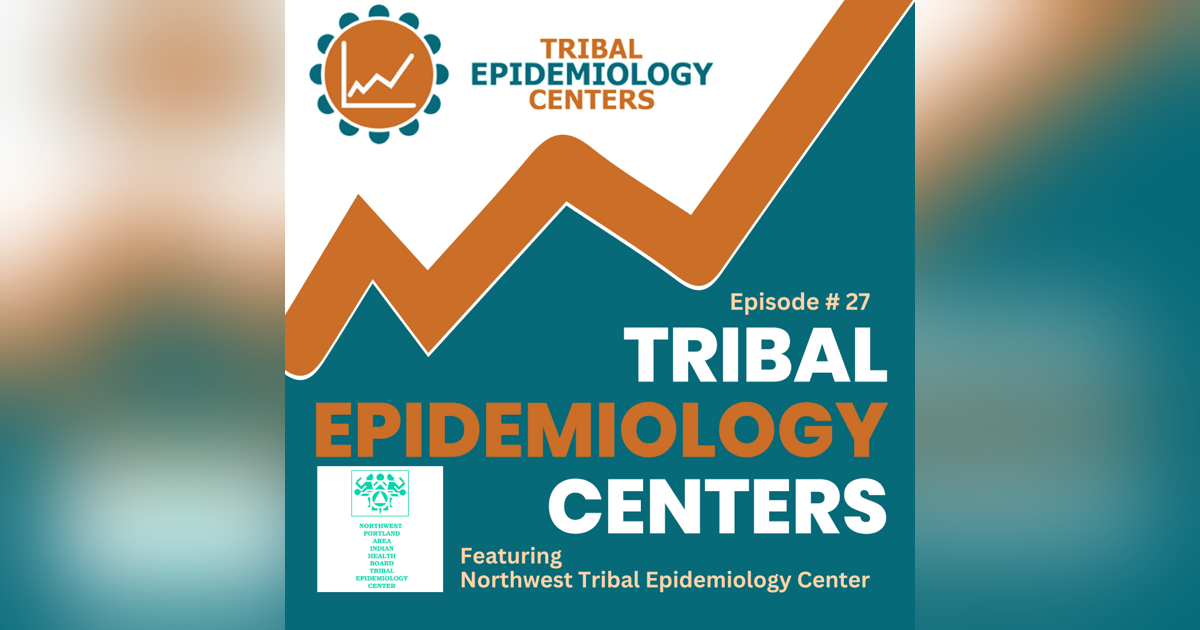TEC 27: Enhancing Health Outcomes, At Northwest Tribal Epidemiology Center

Welcome to the Tribal Epidemiology Centers Podcast. Tribal Epidemiology Centers (commonly referred to as TECs) are housed in organizations that serve American Indian/Alaska Native tribal and urban communities. Currently, there are 12 Tribal...
Welcome to the Tribal Epidemiology Centers Podcast. Tribal Epidemiology Centers (commonly referred to as TECs) are housed in organizations that serve American Indian/Alaska Native tribal and urban communities.
Currently, there are 12 Tribal Epidemiology Centers (TECs) across the US that are focused on improving the health of American Indians and Alaska Natives throughout the United States.
Featured TEC:
Established in 1972, the Northwest Portland Area Indian Health Board (NPAIHB or the Board) is a non-profit tribal advisory organization serving the forty-three federally recognized tribes of Oregon, Washington, and Idaho. Each member tribe appoints a Delegate via tribal resolution, and meets quarterly to direct and oversee all activities of NPAIHB.
NPAIHB Delegates create and update a strategic plan, which contains four main functional areas:
-
Health promotion and disease prevention
-
Legislative and policy analysis
-
Training and technical assistance
-
Surveillance and research
NPAIHB houses a tribal epidemiology center (EpiCenter), several health promotion disease prevention projects, and is active in Indian health policy.
Mission:
The mission of the Northwest Tribal Epidemiology Center (The EpiCenter) is to collaborate with Northwest American Indian Tribes to provide health-related research, surveillance, training and technical assistance to improve the quality of life of American Indians and Alaskan Natives (AI/ANs).
Links
Remember that you can always visit TribalEpiCenters.org to learn more about all of the TECs, including career, internships, and other employment opportunities.
You can also visit the Northwest Tribal Epidemiology Center website.
